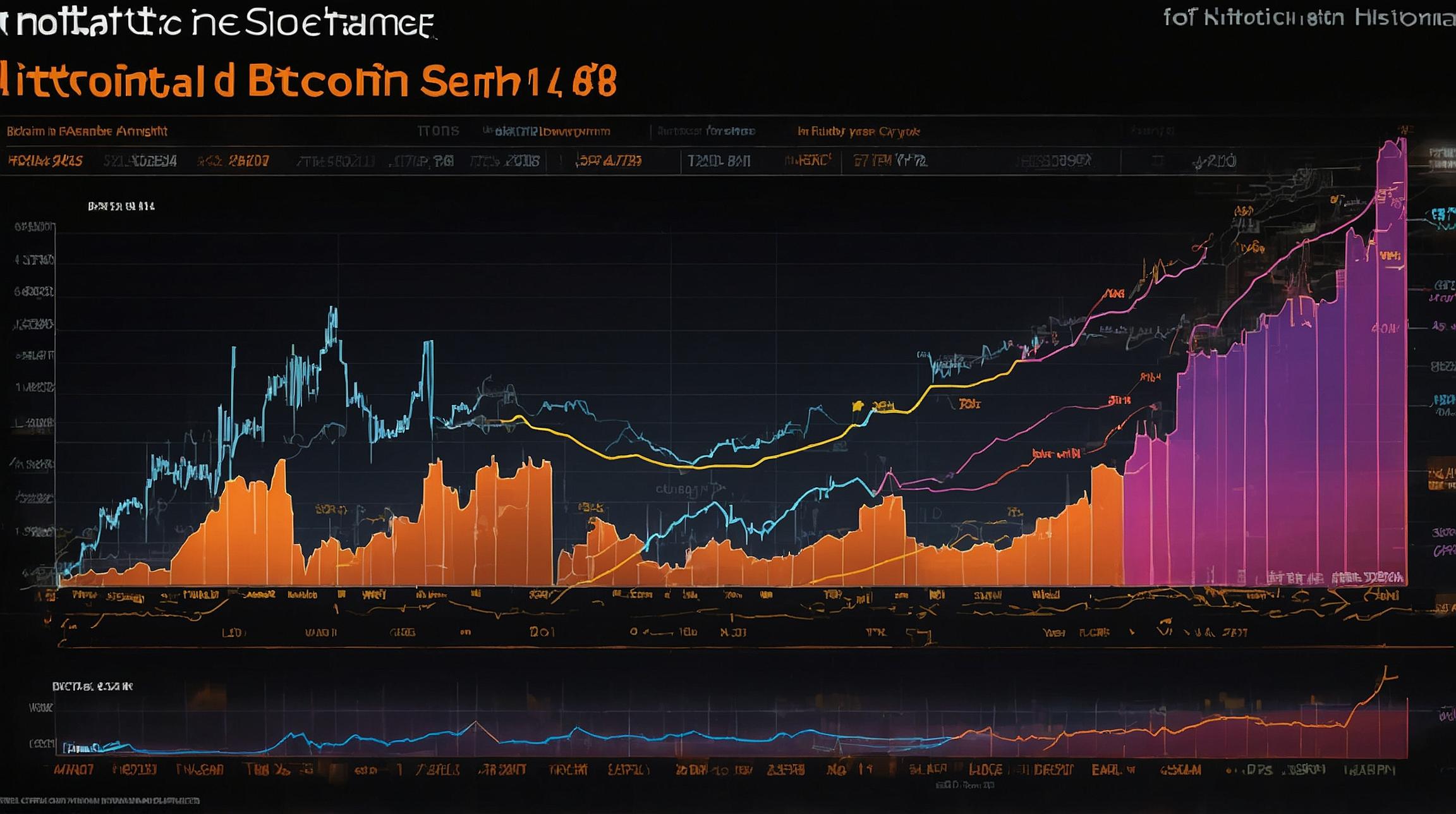Restaurant Brands International Shares Fall on Q2 Results
Restaurant Brands International Inc., the parent company of popular fast-food chains Burger King, Tim Hortons, and Popeyes, experienced a 2.5% drop in shares following the release of their second-quarter results. The company's performance did not meet analyst expectations, affecting its stock price in premarket trading.
Earnings and Revenue Overview
For the second quarter, Restaurant Brands reported adjusted earnings per share (EPS) of $0.86, which was slightly below the forecast by $0.01. This discrepancy, although minor, highlighted the company's struggle to fully meet market predictions.
Revenue was recorded at $2.08 billion, just under the $2.1 billion that analysts had anticipated. This slight miss on expected revenue reflects challenges in achieving projected financial targets.
Sales and Growth Insights
Despite not hitting all targets, the company did see some growth. System-wide sales increased by 5% year-over-year, supported by a 1.9% increase in comparable sales and a 4% growth in net restaurants. However, Burger King U.S. faced a 0.1% decline in comparable sales, indicating a specific area for potential improvement.
CEO's Perspective
CEO Josh Kobza expressed pride in the company's efforts, highlighting the dedication of teams and franchisees. He emphasized the importance of delivering value through quality food and service, and noted that the company's strategic priorities and cost management are designed to withstand short-term consumer pressures and ensure long-term sustainability.
Future Projections and Financial Guidance
Looking ahead, Restaurant Brands maintained its full-year capital expenditure guidance at approximately $300 million. This figure excludes its Restaurant Holdings segment. The company also updated its expectations for adjusted net interest expense for 2024, estimating between $565-$575 million.
Additionally, Restaurant Brands reaffirmed its long-term growth targets through 2028, aiming for over 3% comparable sales growth and more than 8% system-wide sales growth annually, on average.
Conclusion
In conclusion, while Restaurant Brands International faced some challenges in reaching analyst expectations, the company's strategic investments and cost management indicate a focus on sustainable growth. With a commitment to enhancing the customer experience and a clear vision for future expansion, Restaurant Brands remains a key player in the fast-food industry.
[Source: Financial Reports, Analyst Commentary]













